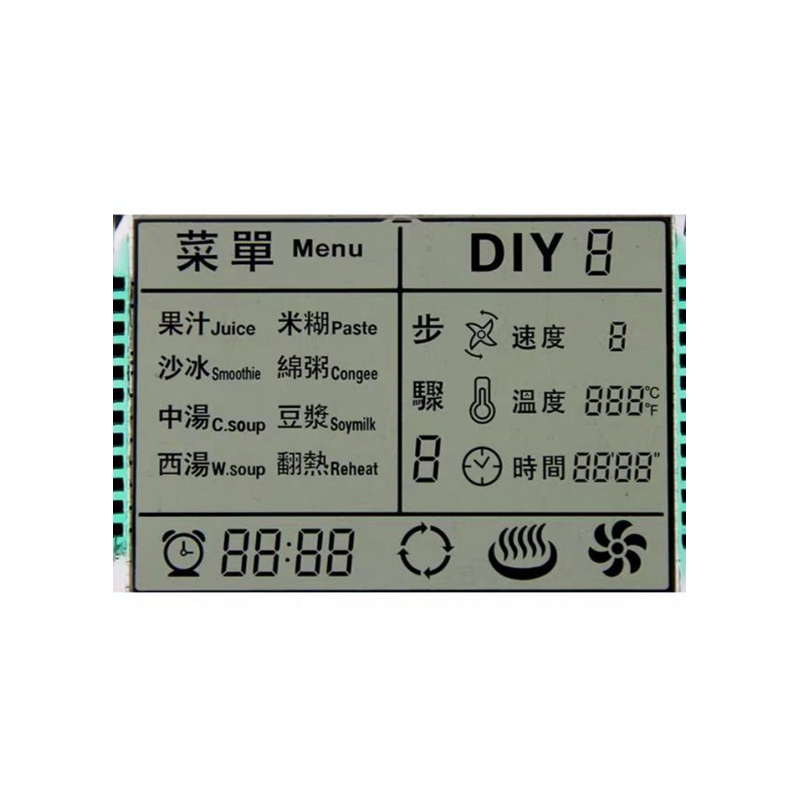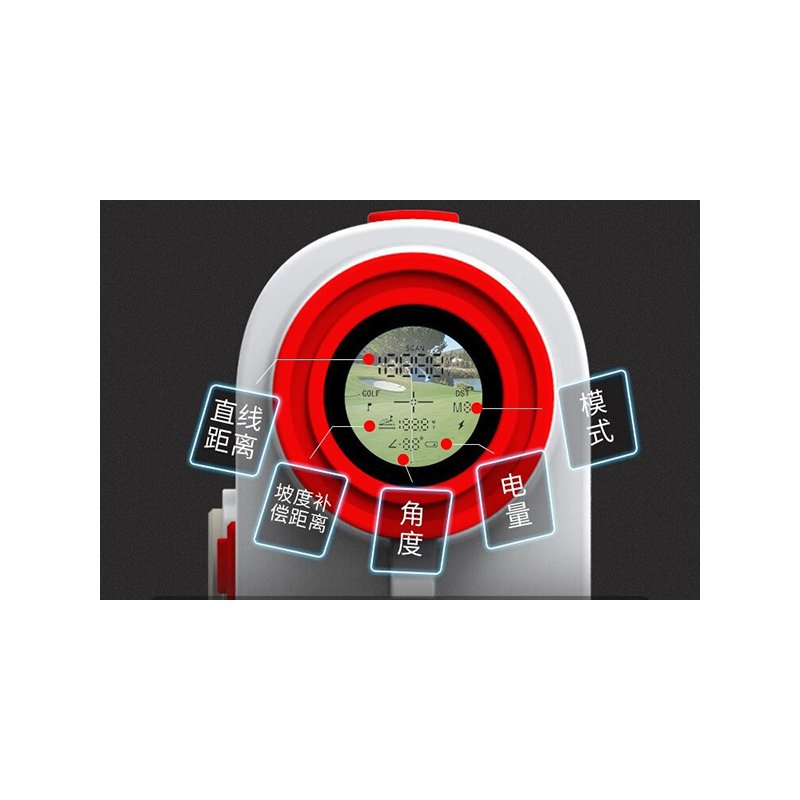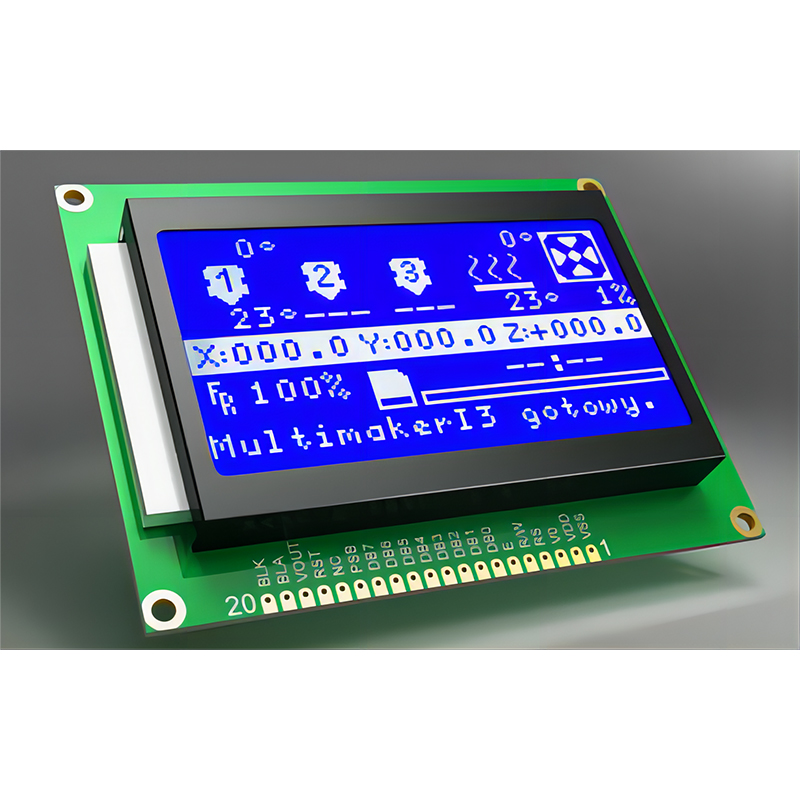
This article provides a comprehensive guide to the factors influencing the cost of manufacturing AMOLED displays, exploring the intricacies of production, technological advancements, and market dynamics. We'll delve into the key components, processes, and considerations involved, helping you understand the pricing structure of this advanced display technology. Learn about different panel sizes, resolutions, and features that affect the final cost, allowing you to make informed decisions when sourcing AMOLED display cost factory solutions.
The cost of raw materials significantly impacts the overall price of an AMOLED display. These include substrates (glass or plastic), organic light-emitting diodes (OLEDs), thin-film transistors (TFTs), and color filters. Fluctuations in the prices of these materials, often driven by global supply chains, directly translate to variations in manufacturing costs. The choice of substrate, for instance, can drastically alter the cost; plastic substrates are generally cheaper than glass, but may compromise durability and image quality. High-end displays utilizing advanced materials will invariably cost more.
The manufacturing process of AMOLED displays is complex and capital-intensive. It involves multiple high-precision steps, including substrate preparation, deposition of thin films, and encapsulation to protect the delicate OLEDs from moisture and oxygen. Advanced technologies like flexible AMOLED production increase complexity and cost. Companies like Dalian Eastern Display Co., Ltd. (https://www.ed-lcd.com/) are leading innovators in this field, continually refining processes to improve efficiency and reduce costs while maintaining quality.
The size and resolution of the AMOLED display are major cost drivers. Larger displays require more materials and manufacturing steps, inherently increasing the cost. Higher resolutions (e.g., 4K) demand greater precision and more sophisticated manufacturing processes, leading to higher costs. This is reflected in the pricing of different display models across various manufacturers.
Features like HDR (High Dynamic Range), high refresh rates (120Hz or higher), and improved color accuracy add complexity and cost to the production process. These enhancements require advanced materials and more precise manufacturing techniques. The inclusion of touch-sensitive layers and other functionalities further increases the final price.
The cost of AMOLED display production is also influenced by economies of scale. Larger production volumes can lead to lower unit costs due to optimized processes and reduced overhead. Market demand plays a crucial role; high demand can potentially drive down prices due to increased competition among manufacturers.
The cost of an AMOLED display can vary significantly depending on the manufacturer and the specific specifications. While exact pricing information is often confidential, analyzing publicly available data on similar models from different suppliers allows for a general understanding of the cost variations.
| Manufacturer | Panel Size (inches) | Resolution | Estimated Cost (USD) |
|---|---|---|---|
| Manufacturer A | 6.1 | 1080 x 2340 | $50-70 |
| Manufacturer B | 6.5 | 1080 x 2400 | $60-85 |
| Manufacturer C | 6.8 | 1440 x 3200 | $80-120 |
Note: These are estimated costs and can vary based on several factors including order volume and specific specifications. Contact manufacturers directly for precise pricing information.
Ultimately, understanding the cost of an AMOLED display cost factory necessitates considering the interplay of these various factors. By carefully evaluating your needs and engaging with reputable manufacturers like Dalian Eastern Display Co., Ltd., you can effectively manage costs and obtain the most suitable AMOLED display solutions.
Disclaimer: This information is intended for educational purposes and does not constitute financial or investment advice.












